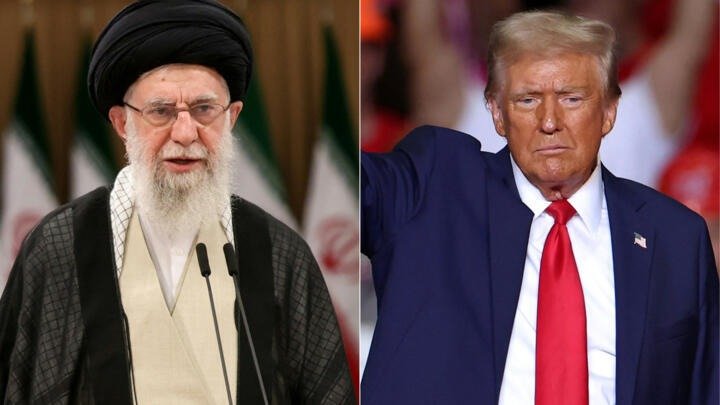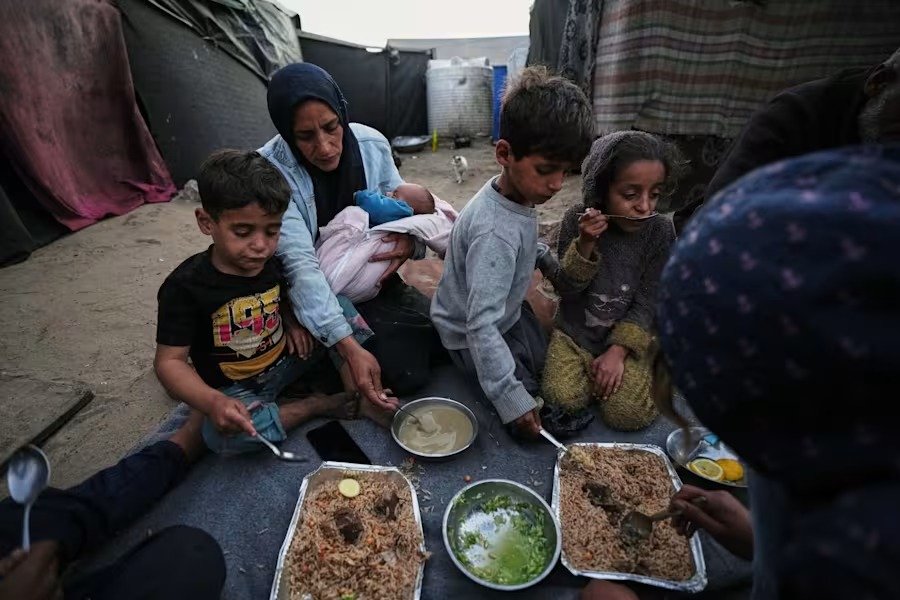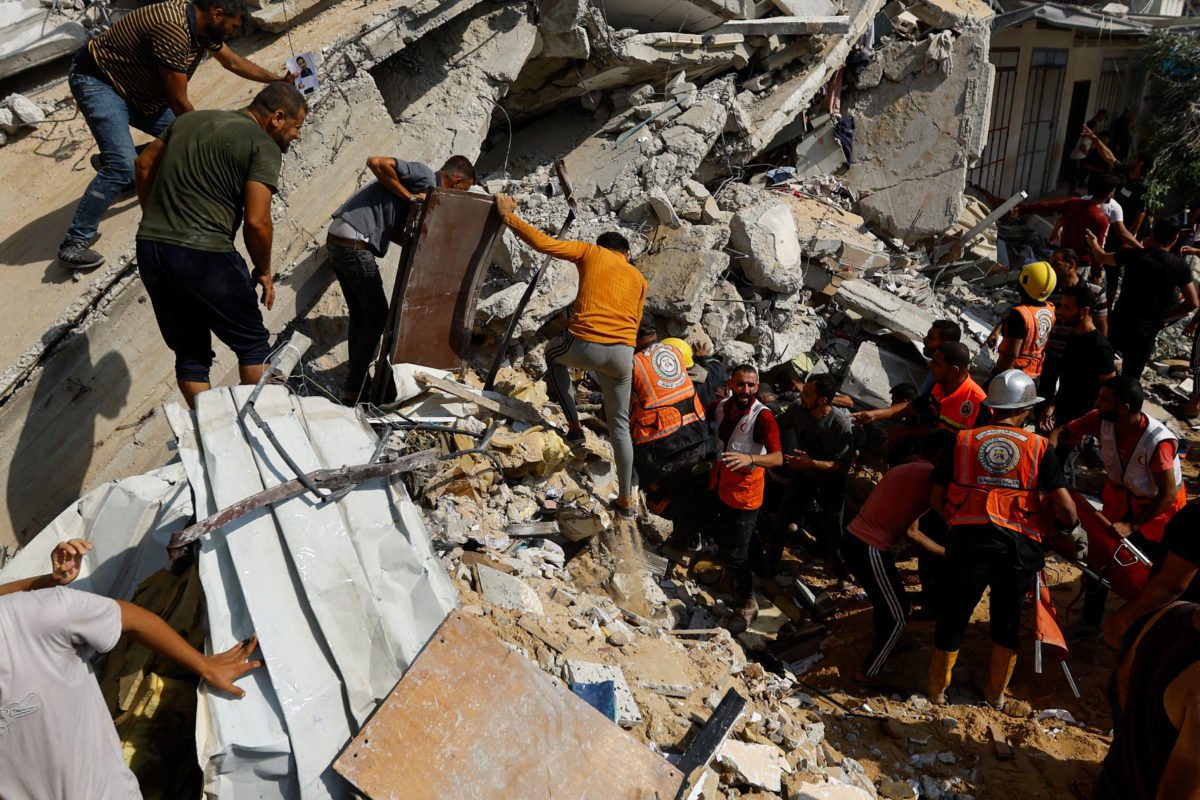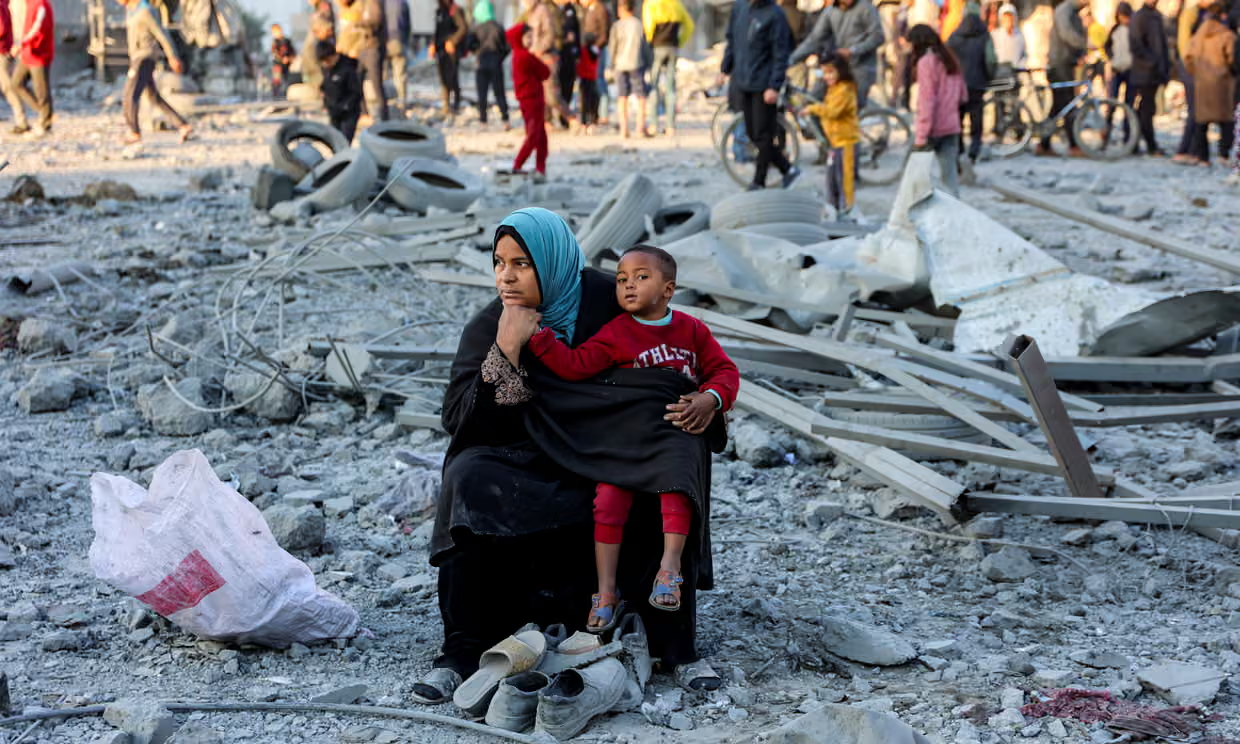Iran’s Foreign Minister Abbas Araghchi said that the country has no plans to meet with the United States, directly rejecting President Donald Trump’s claim that the two sides would hold talks next week.
Speaking during a state television interview, Araghchi confirmed that Tehran is still evaluating whether renewed negotiations with Washington would benefit Iran. His comments came after Trump announced at the NATO summit in The Hague that a meeting was scheduled for the coming week.
According to Araghchi, Iran remains cautious after five previous negotiation rounds ended abruptly, often following military actions by the US and Israel targeting Iranian nuclear facilities. “We are reviewing the damage and reassessing our path forward,” he said.
The United States and Israel have stated that the recent airstrikes were necessary to prevent Iran from developing nuclear weapons. However, Iran continues to insist that its nuclear program is purely for civilian energy use.
The strikes, reportedly part of a broader operation earlier this month, caused significant damage to facilities across Fordow, Natanz, and Isfahan. Iranian officials are now reassessing the state of the country’s nuclear infrastructure and its diplomatic strategy.
Despite Trump’s confident announcement at the NATO event, the White House quickly walked back his remarks. On Thursday, Press Secretary Karoline Leavitt told reporters, “We don’t have anything scheduled as of now.” She explained that she had spoken with Middle East envoy Steve Witkoff earlier that day.
Leavitt added that the administration remains in communication with Iran through intermediaries, including Qatar. “We are in touch, and if there is a meeting, we will let you know, as we always do,” she said.
Envoy Steve Witkoff has previously indicated that back-channel talks were taking place. Earlier this week, he described recent conversations with Iranian counterparts as “promising” and expressed hope that a peace agreement could eventually “resurrect Iran.”
While the White House continues to pursue direct talks, Tehran remains firm that no meeting is on the calendar. Araghchi’s comments indicate Iran is not ready to return to the table until it has fully evaluated the consequences of recent events.
Meanwhile, the Pentagon held a press conference defending the strikes. Officials claimed the operation had achieved its goals, although outside analysts have noted that much of Iran’s enriched uranium stockpile remains intact.
As part of the administration’s efforts to manage domestic messaging, senior officials are also briefing lawmakers on Capitol Hill. Some Democrats have questioned the effectiveness and timing of the strikes, while Republicans largely support the action.
Speaking on CBS’s Face the Nation last Sunday, Secretary of State Marco Rubio said, “We have bent over backwards to create a deal with these people.” He emphasized that Washington is open to discussions but remains committed to pressuring Iran diplomatically and economically.
The uncertainty over any future Iran-US meeting highlights the fragile nature of ongoing diplomatic efforts. With mutual distrust running high and public statements often at odds, the path to renewed dialogue remains unclear.
For now, Iran appears to be taking a cautious stance, focusing on internal recovery and reassessment. Meanwhile, the US continues to push for a direct meeting—though it remains to be seen whether that will actually take place.







